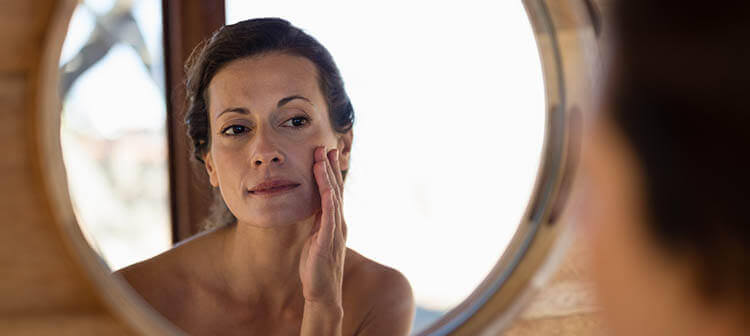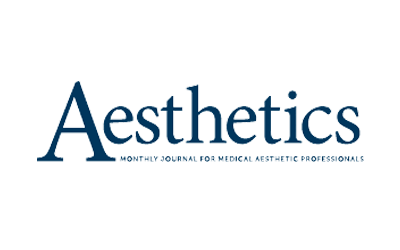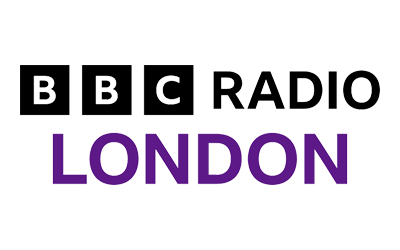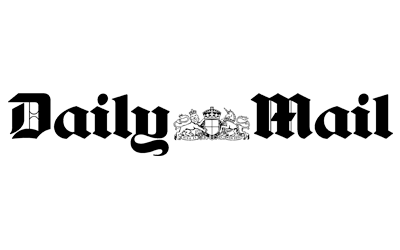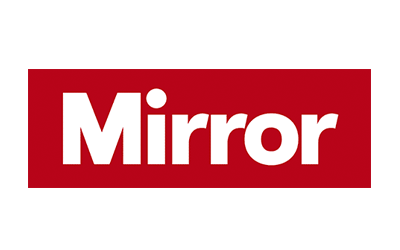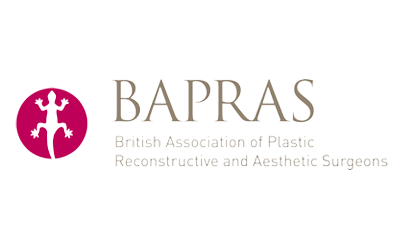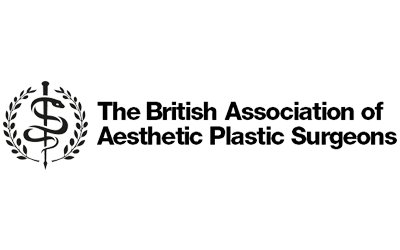As many of us might be struggling with new year weight loss resolutions about this time, it’s interesting to note that losing the pounds might make our clothes fit better but will not do us any favours in terms of facial ageing. A new US study has proven that the phenomenon known as ‘Diet Face’ is an actual thing.
Traditionally, it was thought that gravity was the main culprit. It was believed that sagging or ptosis of the soft tissues of the face resulted in all the signs we associate with the ageing process: hollows beneath the eyes and flat sunken cheeks, deep folds between the nose and mouth and down to the chin and the appearance of jowls.
While it’s true that weakening of the ligaments in the mid-face does result in soft tissue descent, a recent study has found that fat loss – both near the surface of the skin and in the deeper layers of our facial structure – may have more of a role to play in us looking young and vibrant.
‘Definite and measurable’ fat loss occurs as we age
In a new study published in the Plastic and Reconstructive Surgery journal this month, Dr Aaron Morgan of the Medical College of Wisconsin and his colleagues tracked patients over an 11-year period.
The 19 patients underwent CT scans of the head on two occasions at least a decade apart. The scans measured changes to the fat deposits in the midface – often the prime focus in facelift surgery which aims to reverse the signs of ageing.
On average the patients were in their late 40s at the time of their first scan and then late 50s at the follow-up, a key demographic in our facelift patients at Karidis Clinic. The findings varied but showed “definite and measurable loss of midface fat volume”. The total volume of facial fat decreased from about 46.50 cc at the initial scan to 40.8 cc at the follow-up scan: a reduction of about 12.2%.
But not all fat is the same. Fat volume in the superficial compartment of the dermis, just under the surface of the skin, decreased by 11.3% on average. However, in the deeper facial fat compartments, there was an 18.4% reduction on average.
The ultimate facelift
These findings could be useful in understanding why patients seek facial rejuvenation surgery and how this surgery can be best planned. Dr Morgan commented: “In particular, we think that deep facial fat loss removes support from the overlying fat. That causes deepening of the nasolabial fold, which runs from the nose to the mouth. Meanwhile, fat loss closer to the surface makes the cheeks appear deflated.”
Ageing changes around the eyes and along the jawline is also affected by how fat is distributed and lost. “The upper face has less fat to begin with, so fat loss is more apparent,” explains Dr Morgan. “In contrast, the cheek or buccal area has relatively little fat loss, so that area appears fuller as changes occur in other areas of the midface.”
The Karidis approach to ageing
“There are a number of changes that take place with facial ageing and of course these observations are one aspect and fall in line with what we expect would happen,” leading London plastic surgeon Mr Alex Karidis comments. “So, it is great to see confirmation in this study.
Mr Karidis has been performing facial rejuvenation surgery for many years and has an advanced understanding of facial ageing and how to address it:
“In addition, we’re also battling loss of skin thickness and elasticity through ageing – which reduces naturally by about an average of 6% every 10 years.
“There is also laxity and stretching of the surrounding supporting tissues from gravitational effects as well. And if you throw into the equation smoking and excess sun exposure which can exponentially exacerbate facial ageing you can then see, by putting all these effects together, how we’re constantly fighting a losing battle against the ageing process.
“Thankfully, by understanding all these effects, we now have many useful treatments to counter most of these effects.”
For more information on our many anti-ageing procedures, from surgical facelifts to non-surgical skin tightening and lifting with Ultherapy, call us on 020 7432 8727 to arrange a consultation.
